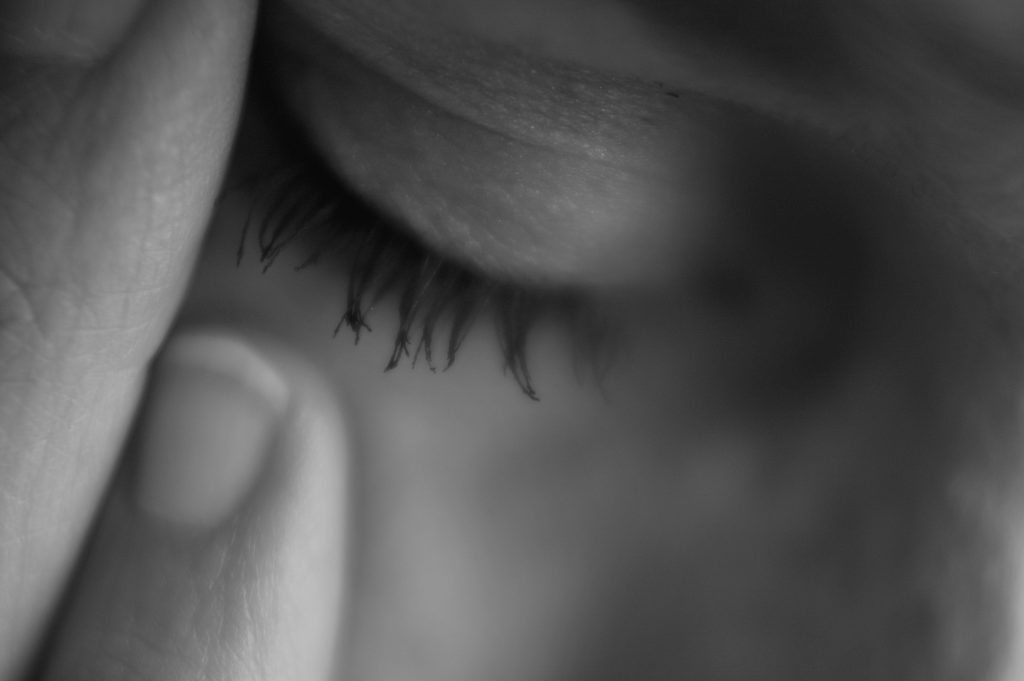News
More than 23 million Americans over 40 have lost consciousness from TBI
When people think of brain injuries, they typically think of football players or military veterans, but it is important to remember that you don’t have to be a pro athlete or a soldier to experience a traumatic brain injury.
A new analysis suggests approximately 1 in every 6 American adults aged 40 or over have experienced a head injury that caused them to lose consciousness – accounting for approximately 23 million people.
“Those numbers are huge,” said lead researcher Dr. Andrea Schneider in the New England Journal of Science. “Head injury in the United States is much more common than we thought.”
Schneider is a neurologist at John Hopkins University in Baltimore.
This is particularly notable because loss of consciousness is estimated to occur in just 10% of concussions, though it is more common in cases of more severe brain injury.
The researchers also found that these head injuries with loss of consciousness were also linked to heightened risks for neurological and psychological problems such as depression, sleep issues, stoke, and alcoholism.
The data used in the study was collected as part of the National Health and Nutrition Examination Study, which is conducted by the U.S. Centers for Disease Control.
As part of the survey, U.S. adults aged 40 and over were asked if they had ever loss consciousness due to a head injury, to which almost 16% responded yes.
Based on the data, men were approximately twice as likely to have responded yes compared to women, though the reason is unclear. Schneider suggested it may be because men are statistically more likely to be involved in careers or hobbies that put them at higher risk for head injury.
According to the findings, those who said they had lost consciousness from a head injury were 54% more likely to experience a sleep disorder, 68% more likely to have a stroke, twice as likely to be a heavy drinker, and more than twice as likely to report symptoms of depression.
The question is whether the head injuries make one more prone to developing these conditions, or if heavy drinking, sleep problems, or depression may increase a person’s risk for a head injury.
“More prospective studies are needed to look into the directionality of these relationships,” Schneider said.
No matter which direction these relationships take, the overall findings of the study show that traumatic brain injury is far more common than most believe.




